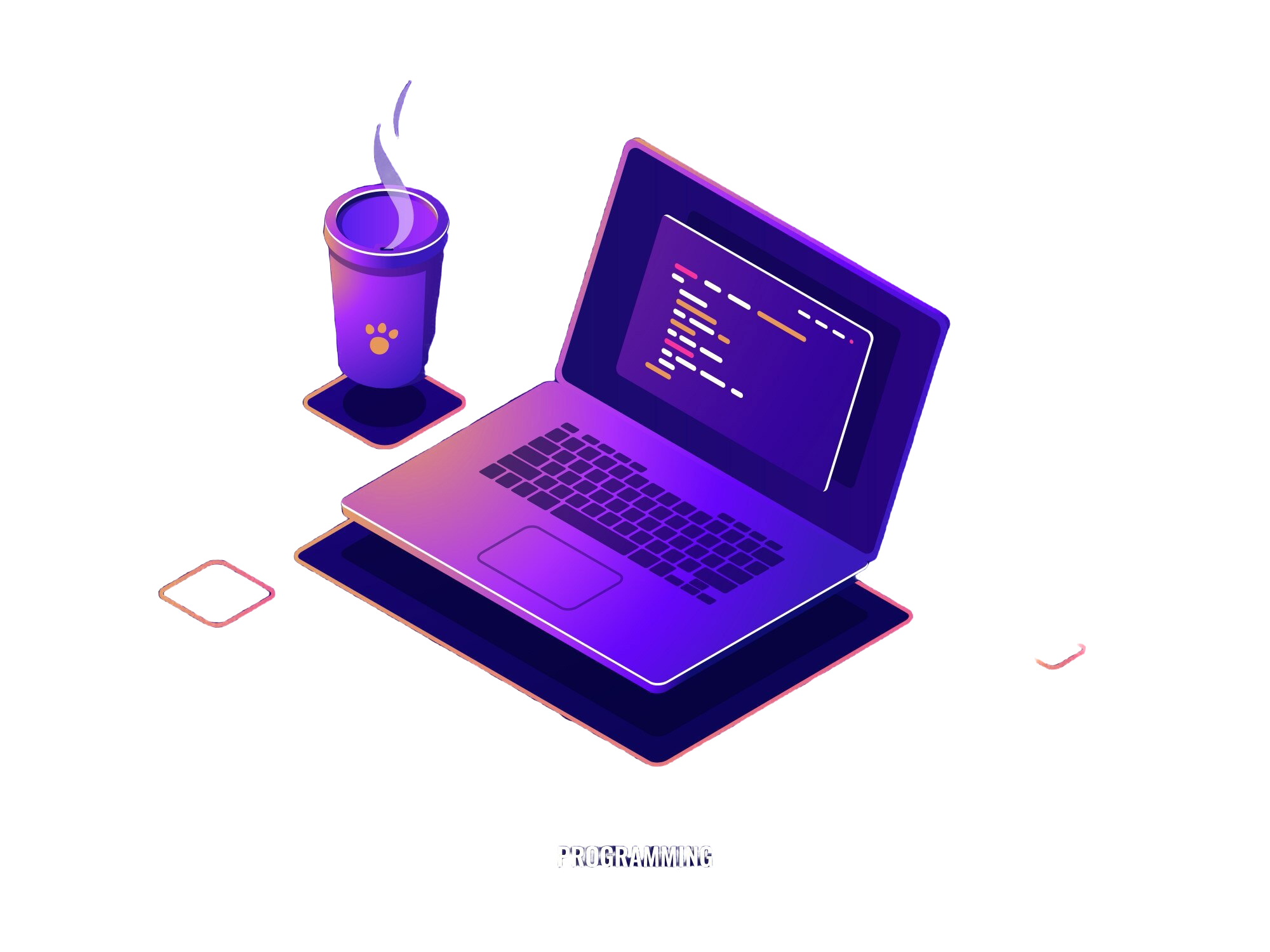A Comprehensive Guide to Understanding the Differences Between Coding and Programming

The world of technology is rich with terminology, and two terms that often create confusion are “coding” and “programming.” While they are interconnected and frequently used interchangeably, they refer to distinct activities with different scopes, purposes, and complexities.
Whether you're a beginner exploring the tech field or a seasoned professional looking to refine your knowledge, understanding the nuances between coding and programming is essential. This guide provides a detailed exploration of the differences, their roles in software development, and how they fit into the broader tech ecosystem.
At its most basic level, coding involves writing instructions that computers can execute. These instructions are written in specific programming languages, each with its syntax and rules. Coding is the fundamental building block of software development, translating ideas and logic into a form that machines can interpret and act upon.
A simple Python program to print a message:
print("Hello, World!")
In this example, the coder focuses solely on writing a small piece of functional code to display text on the screen.
Programming is a broader concept that encompasses coding as well as other critical tasks involved in creating functional software. It includes designing algorithms, solving complex problems, testing and debugging, and managing the entire software development lifecycle.
Developing a web application involves multiple steps:
While coding is a component of programming, there are clear distinctions between the two:
| Aspect | Coding | Programming |
|---|---|---|
| Definition | Translating logic into machine-readable code. | Encompasses coding along with design, testing, and deployment. |
| Focus | Syntax and language-specific instructions. | Problem-solving, system design, and implementation. |
| Skill Level | Basic knowledge of syntax and tools required. | Advanced understanding of algorithms, logic, and architecture. |
| Tools | Code editors like VS Code, Sublime Text. | IDEs, debuggers, version control systems, and CI/CD tools. |
| Output | Produces code snippets or scripts. | Produces complete, functional software solutions. |
| Scope | Narrow and task-specific. | Broad and holistic, addressing the entire software lifecycle. |
Coding is ideal for beginners or those working on isolated tasks. Common scenarios where coding is the primary focus include:
Programming becomes crucial when developing complete systems or tackling complex problems. Scenarios where programming expertise is necessary include:
For those who start with coding and wish to become programmers, here’s a roadmap:
While coding and programming are distinct, they are inherently interconnected. Coding is the foundation of programming, providing the building blocks needed to develop complex systems. Conversely, programming provides the structure and direction to ensure these building blocks come together to form a cohesive and functional product.
In summary, coding and programming are both integral to the tech world, each with its unique focus and scope. Coding is the gateway for beginners, offering a hands-on introduction to writing and executing code. Programming, on the other hand, encompasses a more holistic approach, addressing everything from problem-solving and design to testing and deployment.
Whether you aspire to become a coder, programmer, or software engineer, understanding these differences can help you set clear goals and chart your path in the tech industry. Start small, master the basics, and gradually expand your knowledge to tackle larger, more complex challenges. The possibilities are endless, and with dedication, you can excel in both coding and programming.
Your email address will not be published. Required fields are marked *